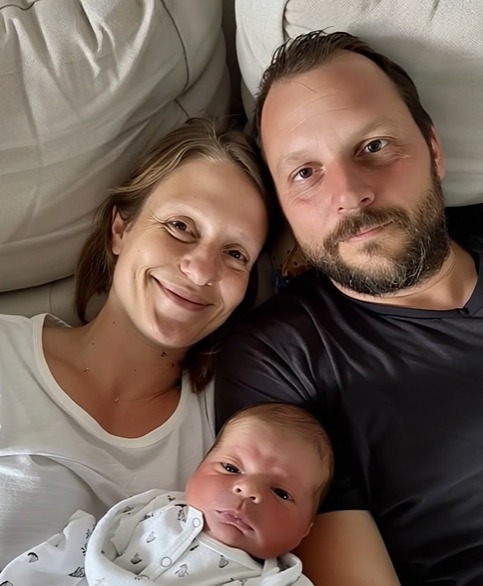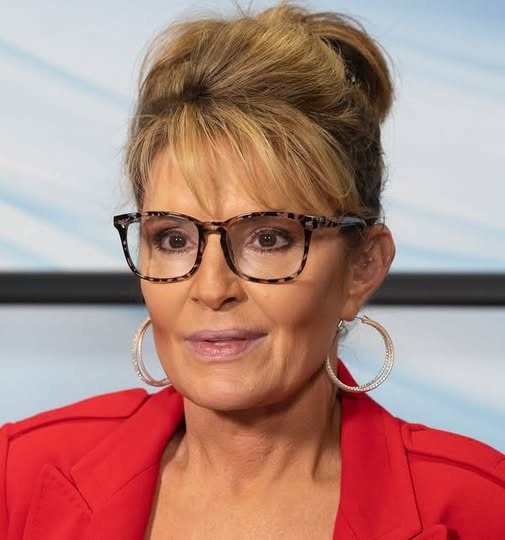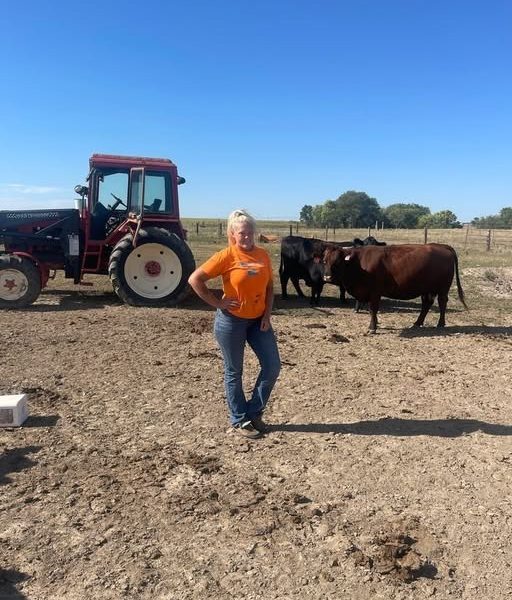I left for the medical conference with a knot of anxiety in my stomach, but also with trust. My husband, James, had been my rock through my demanding residency and the pregnancy. He was the one who had confidently suggested he take the lead at home with our newborn daughter, Lily, while I returned to work. “We’re a team,” he’d said, and I believed him. When I returned three days later, the man who opened the door was a stranger. His smile didn’t reach his eyes, and his shoulders were slumped with a weight I hadn’t seen before. The house was tidy, Lily was fed, but the vibrant, confident man I married was gone, replaced by a hollowed-out shell who flinched at the baby’s cry.
The following week was a slow, painful unraveling. Our home, once filled with easy laughter, was now blanketed in a tense silence. James would retreat into his phone, offering one-word answers to my questions. When I finally cornered him, his confession came out in a choked sob. “I feel like I’m drowning,” he whispered. “I love her more than anything, but this… this is breaking me.” His words were a physical blow. This wasn’t the exhaustion I had expected; this was a crisis of spirit. I felt a surge of panic, wondering if the foundation of our marriage was cracking under a pressure we never anticipated.
In my desperation, I made a decision without consulting him. I hired Claire, a warm, experienced part-time nanny, to come for a few hours each day. When I told James, he was furious. He saw it as a vote of no confidence, an accusation that he was failing as a father. The first few days with Claire were icy, but something remarkable happened. With a few hours of respite, James began to resurface. He started using that time to sleep, to go for a run, to simply breathe. The nanny wasn’t there to replace him; she was there to give him back to himself.
The change was gradual but profound. The shadows under James’s eyes began to fade. I started finding him on the floor with Lily, making her giggle with silly faces, his laughter genuine and unforced. The wall between us crumbled, and we began talking again—not about diaper counts and feeding schedules, but about our fears, our hopes, and our rediscovered love for each other. One evening, as we sat together on the porch swing, he took my hand. “Thank you,” he said quietly. “For seeing that I was sinking and throwing me a lifeline.”
We learned that parenthood isn’t a test of individual strength, but a lesson in shared vulnerability. Asking for help wasn’t a failure; it was the bravest thing we could have done for our family. That difficult season didn’t break us; it taught us how to truly build a life together, one built on the grace of mutual support.


